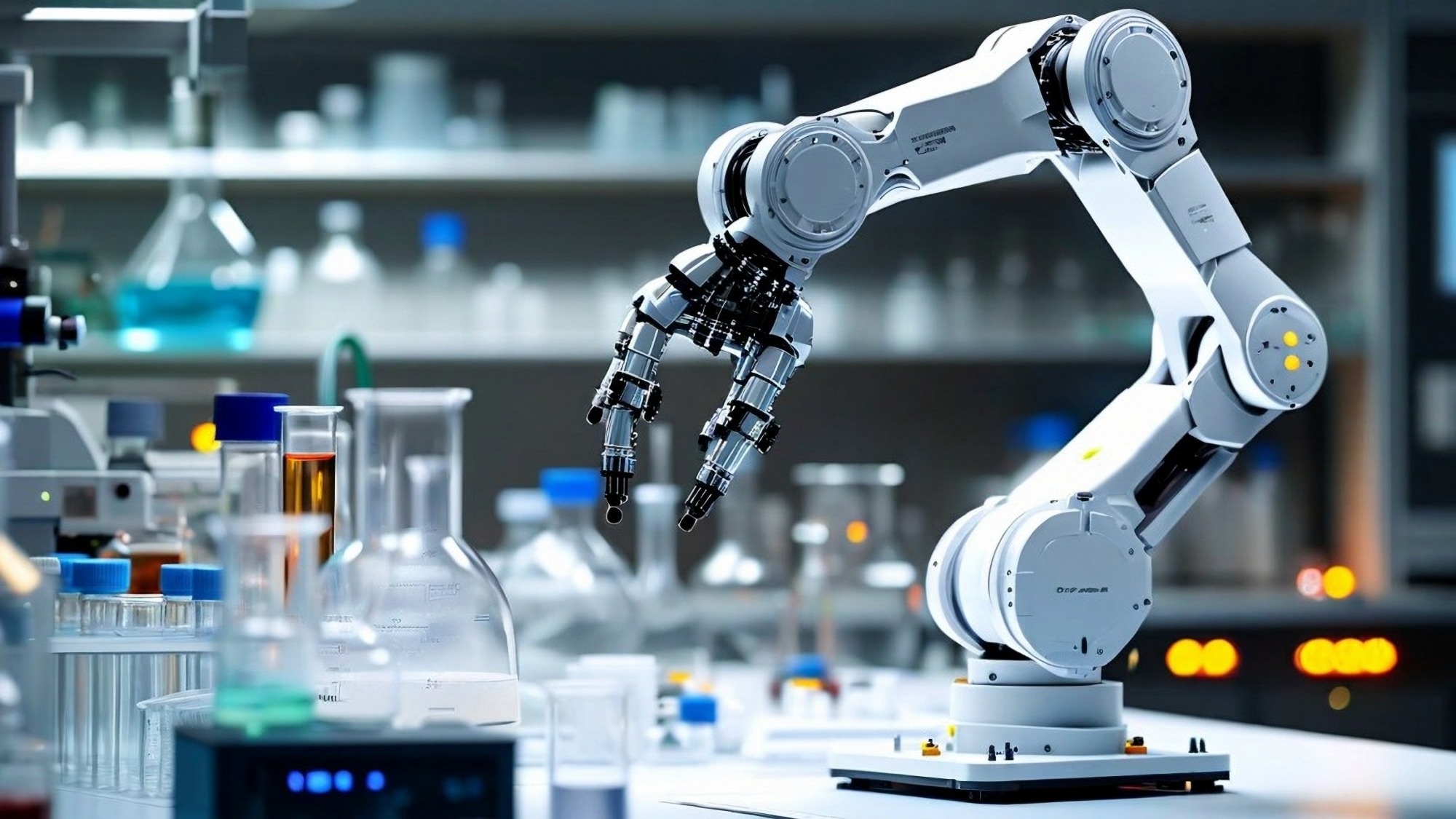
The landscape of pharmaceutical research is undergoing a major transformation as artificial intelligence (AI) and robotics increasingly play a central role in drug discovery. These technologies are redefining traditional methodologies by introducing automated, data-driven approaches that not only speed up the development of new medicines, but also significantly cut costs and improve accuracy.
Drug discovery has historically been a time-consuming and financially intensive process, often taking over a decade and billions of dollars to bring a single drug to market. AI and robotics are now streamlining this timeline by facilitating the rapid analysis of massive datasets, identifying potential drug compounds more effectively, and automating complex laboratory procedures.
Artificial intelligence algorithms can comb through vast genomics and proteomics data, model molecular interactions, and predict how new compounds will behave in biological systems—tasks that previously required months or years of manual research. Machine learning tools can identify promising drug candidates more quickly by recognizing patterns and correlations that might go unnoticed by human researchers.
In parallel, robotic systems are enhancing the physical aspects of drug testing. From automated high-throughput screening of thousands of compounds to robotic pipetting and sample preparation, labs outfitted with robotic technology can operate around the clock, increasing efficiency and minimizing human error.
This synergy between AI and robotics has led to significant reductions in both the time and cost associated with early-stage drug development. Pharmaceutical companies are now able to respond more swiftly to emerging health challenges, including pandemics and rare diseases. Furthermore, by enabling deeper insights into disease mechanisms, these technologies are supporting the development of precision medicine—customized treatments that are tailored to individual genetic profiles and specific conditions.
The integration of AI and robotics is not without challenges. Ensuring data quality, algorithm transparency, and regulatory compliance remains critical. However, early successes and investments from major pharmaceutical firms and research institutions suggest that the benefits outweigh the hurdles.
As this digital transformation continues, the collaboration between human expertise and intelligent machines promises to make the drug development process more agile, equitable, and effective than ever before—ushering in a new era of medical innovation.
Source: https:// – Courtesy of the original publisher.








